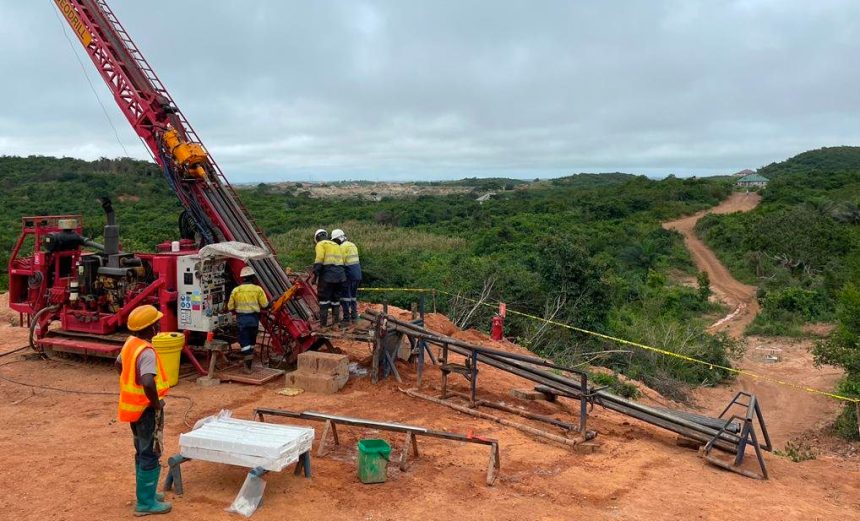Ghana’s investment strategy in Atlantic Lithium has come under scrutiny as new details emerge about a controversial share purchase by the CEO of the Minerals Income Investment Fund (MIIF).
The CEO, who is responsible for safeguarding Ghana’s interests in the company, initially negotiated an agreement to acquire shares at approximately $0.25 each, with plans to secure additional shares at around $0.36.
This information was brought to light by civil activist Bright Simmons in an X post:
The Controversy
According to Bright Simmons, the CEO of the fund only a few months later, privately purchased hundreds of thousands of shares at a sharply discounted price, reportedly under $0.12 per share, while the government’s stake in the company dwindled.
Digging Deeper
The initial acquisition was intended to secure a foothold for Ghana in the burgeoning lithium market, as demand for the mineral has surged globally due to its central role in battery manufacturing for electric vehicles and renewable energy storage.
However, the CEO’s recent actions have raised questions about transparency and accountability in the deal-making process, as well as the potential impact on Ghana’s long-term stake in this lucrative sector.
Conflict of Interest?
It’s being argued that this personal acquisition at a double-digit discount, not available to other Ghanaian stakeholders, could point to a conflict of interest.
As a private placement, the transaction was not open to public investors, sparking concerns about whether the public fund is receiving objective guidance from its chief representative in dealings with the company.
Zoom In
Adding to the controversy, as the CEO acquired shares at lower prices, the government’s equity stake faced dilution—a process that reduces ownership percentage as more shares enter the market.
Without countermeasures, such dilution risks diminishing Ghana’s control and potential earnings from the lithium operation.
No Media Scrutiny
Despite the serious implications, there has been a lack of robust media coverage on the matter, with few in-depth analyses from Ghanaian outlets. This has led some to question the role of local media in holding public officials accountable.
Although investor interest in Ghana’s resources is welcome, experts argue that transparency and accountability are essential to protect the country’s interests in an increasingly competitive mineral market.
Going Forward
The question now is whether policymakers and media stakeholders will bring greater attention to these issues and push for more comprehensive checks on government involvement in strategic investments.







